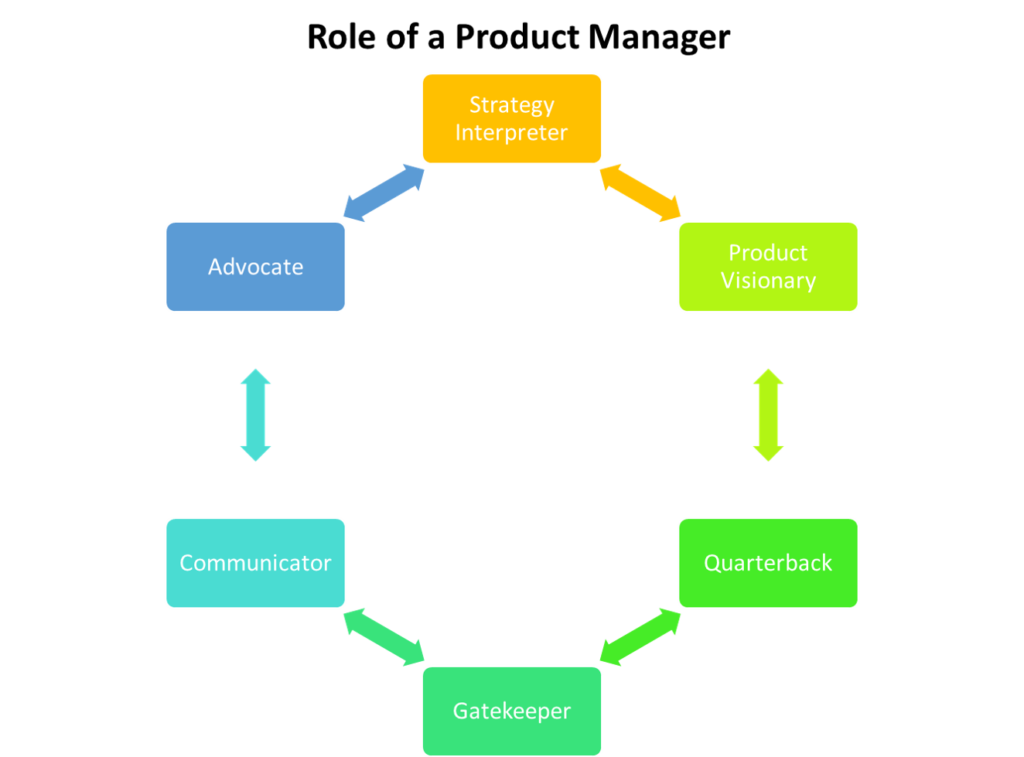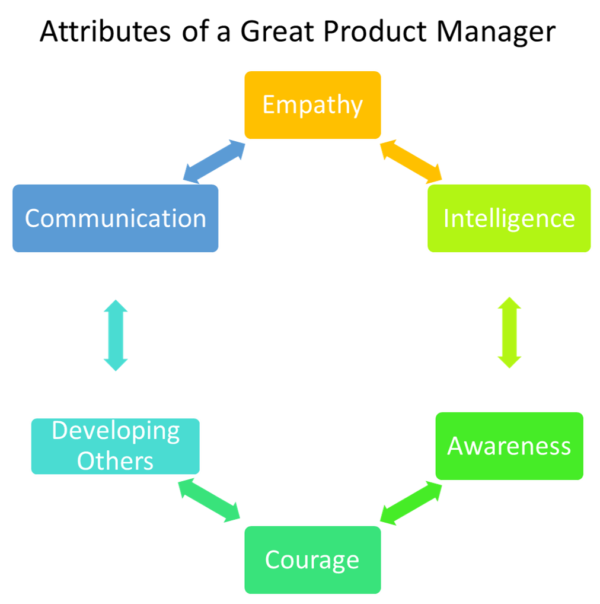So, you want to become a great product manager? Indeed, many people are striving to not only break into product management but also evolve into a great product manager.
First, let us define product management and a product manager.
What is Product Management?
Product Management is the discipline of managing the product lifecycle from ideation to sunset, including portfolio management of a suite of products and services. Product management encompasses several areas. While the product managers may not be the owners/decision-makers of many areas, they are the coordinators and conductors of a variety of functions. A detailed definition of product management is here.
What is a Product Manager?
The definition of a product manager is simple and complicated at the same time. In short: “The Product Manager is a coordinator and conductor of an elaborate process for defining, developing, launching, growing, managing, and sunsetting products (or services).”
A more extended definition of a product manager includes the specifics about the role and the responsibility.

- Strategy Interpreter – A product manager does not set the corporate strategy but synthesizes, clarifies, elaborates, and applies it to the product management function. (In some cases, the product manager is responsible for defining the strategy such as – Product Strategy, Go to Market Strategy.
- Product Visionary – While the product ideas may emanate from any quarters, the product manager has to be the visionary who sees the big picture and accomplishes the vision and mission of the product.
- Quarterback – A product manager does not own and does not have direct authority over many functions. But they are the quarterbacks that help coordinate and coalesce various teams to a common objective of taking a product through its lifecycle.
- Gatekeeper – A product manager must be a strong leader and custodian of the product. If a product manager cannot adhere to strict standards or let every product request creep in, it will be to the detriment of the product vision. The product manager also manages the product roadmap in a manner that does not compromise the integrity of the product vision.
- Communicator – A product manager must possess the ability to communicate – concisely, coherently, and compellingly – with internal stakeholders and external audiences.
- Advocate – The product manager must genuinely own the product and be an ardent proponent and champion. (In large firms, where there are competing products/portfolios, such advocacy will be the difference between continued investment or the product concept withering away.)
What makes a Great Product Manager?
Becoming a great product manager is not just about skills and competencies, but also context, circumstances, decisions, and a dash of good fortune.
Not every product manager has an opportunity to build and launch a mega-successful product in their lifetime. And not every product manager who worked on a world-beating product is great. That is the reality of any profession – right person, right background, right circumstance, and the right time.
But first, let’s look at the basic skills necessary to be a product manager:
Product Manager Basic Skillset:
- Conduct market research
- Interview prospective and existing customers
- Analyze customer data and glean insights
- Product opportunity assessment
- Conceptualize product features
- Translate product vision into actionable requirements/user stories
- Create and manage a product roadmap
- Understand product development lifecycle
- Have enough understanding and appreciation for technology
- Staffing and resource allocation
- Communication and briefing of stakeholders
- Coordination of work
- Understand distribution, marketing, packaging, and pricing
However, there are some attributes and characteristics that are over and beyond the necessary skills and help one to have a chance of being a great product manager.
Competencies and Attributes of a Great Product Manager:
 Empathy – Empathy is the innate ability to look at things from the frame of reference of others and gain an in-depth understanding based on the context and circumstances. Daniel Goleman (of Emotional Quotient fame) talks about three types of empathy, and mastering all three will catapult you to the next level of product leadership.
Empathy – Empathy is the innate ability to look at things from the frame of reference of others and gain an in-depth understanding based on the context and circumstances. Daniel Goleman (of Emotional Quotient fame) talks about three types of empathy, and mastering all three will catapult you to the next level of product leadership.
Intelligence – Intelligence, at its core, is an ability to understand, analyze, synthesize, and rationalize facts, patterns, people, and events. It is an abstraction of several underlying competencies ranging from the ability to grasp to the ability to decompose and deconstruct, to the ability to synthesize disparate pieces of data and use that body of knowledge to make decisions.
Awareness – Awareness span in several areas. Awareness of self, social awareness, and awareness of the context. A self-aware person has an opportunity to transcend the chasm between mediocrity and greatness.
Courage – Courage is the internal fortitude to do the right thing even if no one is looking and irrespective of the obstacles and odds.
Courage is not just the absence of fear. Courage in the corporate setting is making the tough decisions and the choices that are not the easiest.
Developing Others – A great product manager does not just mend the product shop. They also develop and nurture other product managers. Developing others is a hallmark that differentiates merely good product leaders and the great ones.
Cultivating and grooming others is not about rah-rah speeches and one in a while patting on the back. It is an everyday task and involves many small acts and steps over a long time.
Assuming you have some of these skills, competencies, and capabilities, other things matter too. Unless you are a sought after executive or an ivy league graduate with offers galore, some of the following may not be under your full control. This is where a careful process with a dash of good fortune is the essence of success.
Situation:
Getting into the right situation is not always about informed decision making. For every Amazon, there is a Web Van. For every eBay, there is an eToys. Even at a mighty company like Google, not all product offerings are stupendous.
So, while your personal skills and competencies are essential to success, it is in the right situation.
Company Culture:
Some companies are product-centric, some are engineering-oriented, and some are sales-driven. For you to be able to build world-class products, the company culture, and product philosophy is vital.
Other Players:
An orchestra cannot produce a symphony with one great player. A quarterback cannot win the game by themselves. Similarly, even if you are a great product manager, there are so many other pieces of the puzzle that need to work in harmony for a product to rise beyond the ordinary.
A product manager is only as good as others in allied teams – UX, packaging, engineering, QA, branding and promotion, distribution and sales, and top management who determine funding and resource allocation.
So, do you think you have what it takes to become a great product manager? All the best in your product leadership endeavors.

